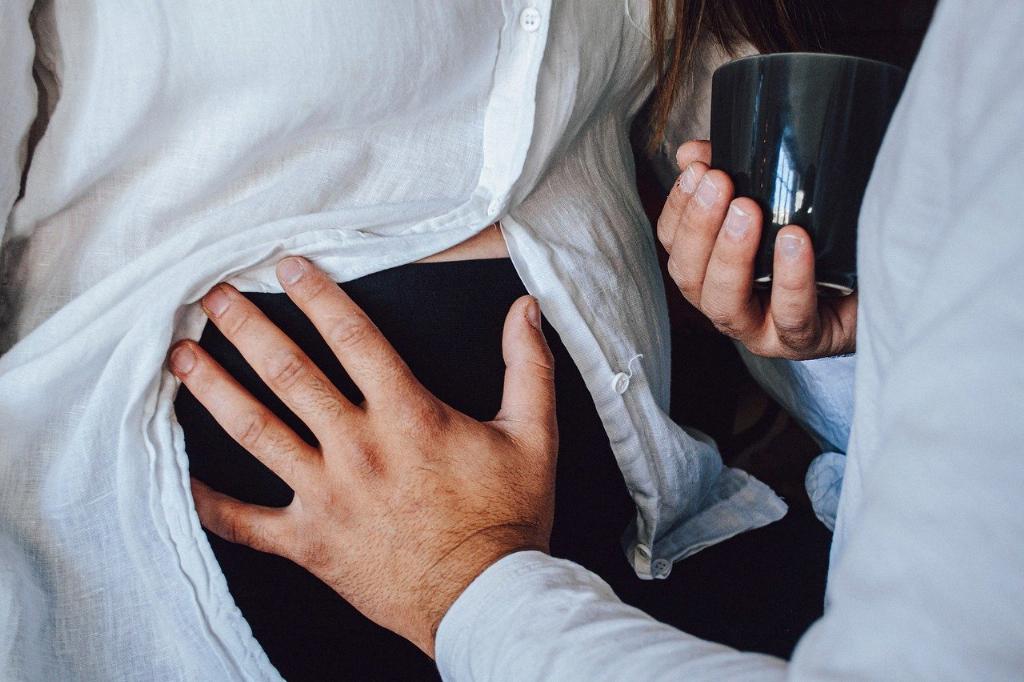Many women wonder about their fertility as they reach their mid-30s, and with good reason. Fertility does decline with age, and it’s important to understand the factors that come into play when trying to conceive at 35.
It is a fact that a woman’s fertility starts to decline around the age of 30, and this decline becomes more pronounced as she enters her mid-30s. By the age of 35, the chances of getting pregnant naturally begin to decrease, but it’s essential to note that this doesn’t mean it’s impossible to conceive.
At 35, a woman’s egg quality may not be as optimal as it was in her 20s. This can impact conception and increase the likelihood of miscarriage. However, it’s important to remember that every woman is different, and some may continue to have no trouble conceiving at this age.
One key consideration at 35 is the quality of a woman’s ovarian reserve. This refers to the number and quality of eggs she has left. As women age, the quantity and quality of eggs decrease, which can make it harder to conceive naturally. This decline in ovarian reserve is a significant factor in fertility after 35.
Another factor to consider is the risk of chromosomal abnormalities in eggs as women age. The likelihood of genetic issues such as Down syndrome increases with maternal age, particularly after the age of 35. This is an important factor to bear in mind when considering pregnancy in the mid-30s.
It’s worth noting that male fertility also declines with age, although not as sharply as female fertility. This means that even if a woman is in good health and under 35, her partner’s age may also impact their chances of conceiving. The overall health of both partners is a crucial factor in fertility.
Some lifestyle factors can also affect fertility at 35. Smoking, excessive alcohol consumption, poor diet, and stress can all impact fertility and make it harder to conceive. Maintaining a healthy lifestyle and addressing any potential issues can improve the chances of getting pregnant.
For women over 35 who are struggling to conceive, there are fertility treatments available that can help. These may include medications to stimulate ovulation, intrauterine insemination (IUI), or in vitro fertilization (IVF). Consulting with a fertility specialist can provide personalized guidance on the best options.
It’s important for women in their mid-30s to be proactive about their fertility if they are considering starting a family. Fertility testing can provide valuable information about ovarian reserve and help determine the best course of action. Early intervention can improve the chances of successful conception.
While fertility may decline after the age of 35, many women continue to have healthy pregnancies and babies well into their late 30s and 40s. It’s essential to approach the topic of fertility with knowledge and awareness, understanding the factors that can impact conception and seeking support when needed.
Ultimately, the question of whether it is harder to get pregnant at 35 has no simple answer. Fertility is a complex issue influenced by a variety of factors, and individual experiences can vary widely. By staying informed, seeking medical guidance when necessary, and taking steps to optimize health and lifestyle, women can navigate their fertility journey with confidence.

